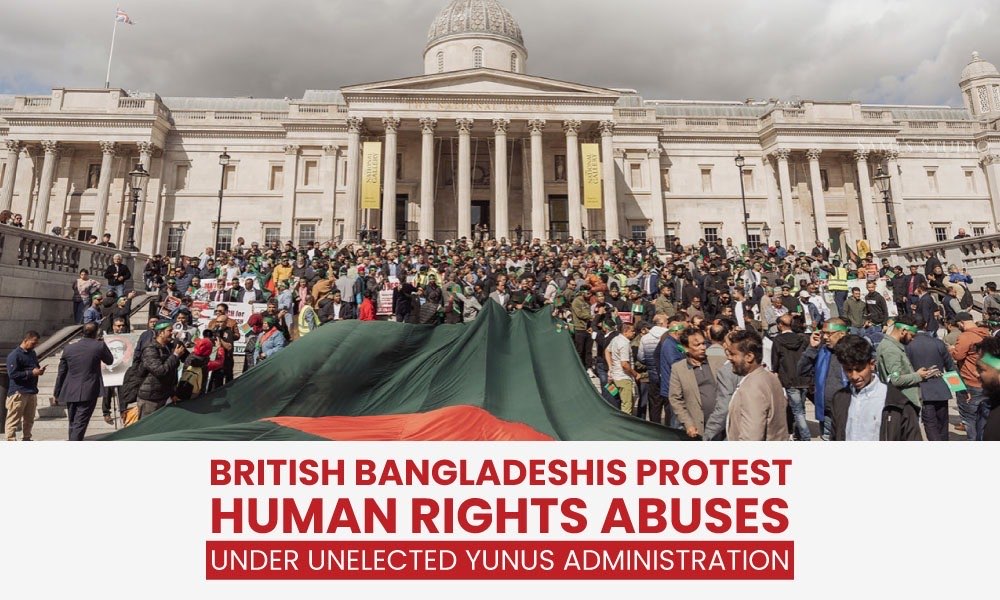29716
Published on January 10, 2023Liberty was in the air. The chant of “Joy Bangla”, in bold voices, reverberated at Tejgaon old airport and its surrounding areas on a chilly afternoon of January 10, 1972.
Minutes after the daybreak, emotion choked tens of thousands of newly freed Bangalees of his Bangladesh gathered there, even after knowing that the Father of the Nation is expected to arrive in the early afternoon.
With bated breath, they were waiting to welcome the liberator back to a land his inspiring leadership had propelled to freedom through a well-fought, tear-filled and blood-soaked struggle of epic proportions.
In the reception line on the tarmac, anxiety and restlessness started gripping all the men who had conducted the struggle for liberation as the war time Mujibnagar government. Eagerness intensified among the young student leaders, whose intense patriotism would always remain as a glaring example of glory for generations to come, converged to gather Bangabandhu to their bosom.
As soon as the comet aircraft bringing Bangabandhu home landed at Tejgaon, something magical happened. The wait for him by the people, which seemed like an eternity had come to an end.
And finally the moment arrived.
Bangabandhu emerged in his new avatar. For him, it was “a journey from the darkness to light”.
“As you can see, gentlemen, I am alive and well," said the Bengali leader in a cheerful voice, hitting back at all the propagandas the then Pakistan government tried to establish against him calling as a “prisoner of Pakistan” during the confinement. He was addressing a crowded news conference at Claridge's, London days before his arrival to Bangladesh. On January 8, Pakistan’s new leader bade him a goodbye at Rawalpindi's Chaklala airport.
“The nightingale has flown” commented Bhutto after Bangbandhu set for Bangladesh.
Upon arrival, Bangabandhu seemed tired after all those months in solitary confinement in Pakistan. More than that, he was clearly overwhelmed by the ecstatic manner in which his people, the newly freed Bengalis of his Bangladesh, were welcoming him home.
He was leaner than he was when the Pakistan army abducted him and took him to Pakistan in March 1971. His hair was disheveled. With an inimitable smile on his lips, he ran his hand through his hair as it fell over his forehead. There was fatigue written all over him. Yet there was the power in those eyes that held the crowd in its gleam.
He wept. For the first time in his public career, before the world, Bangabandhu shed tears in remembrance of the terrible ravages Bangladesh had gone through in the preceding nine months.
With him, the nation wept too, reflecting how seventy five million Bengalis had worried about his safety, how they had prayed for his life and for him to return home.
Hours before, Bangabandhu had been welcomed as the president of Bangladesh in Delhi. Seventy five million Bengalis watched their head of state inspect an honour guard before setting off for the Race Course, the same where echoes of his March 7, 1971, clarion call to liberty were yet being heard.
The truck bearing Bangabandhu inched its way forward. That brief distance from the airport to the Race Course had turned into human sea. Happy crowds had occupied every bit of space. Every rooftop was an image of delighted faces -- men, women and children. Perching themselves on the branches of trees, youths shared the glory too. Every conversation was but two simple, purposeful, energising words.
In that winter evening, Bangabandhu spoke to the country for the first time since March 1971. The nation listened to the words coming out from his heart, as they always did. His voice was choked with emotion, but that did little to mar the eloquence of his expression. Again, the nation witnessed Bangabandhu's oratory at its peak of grandeur. It was Joy Bangla.














